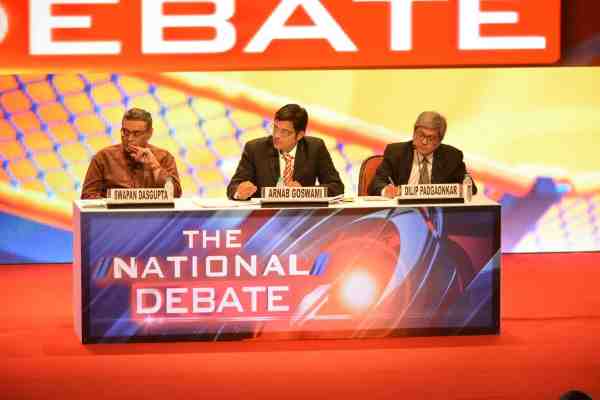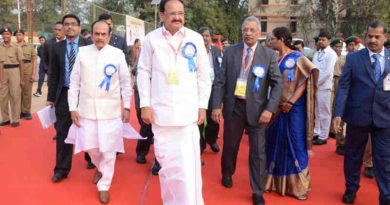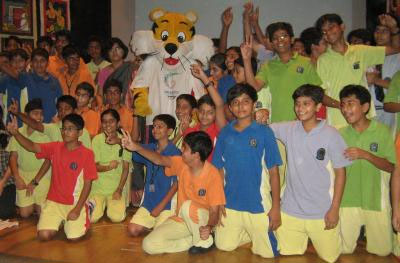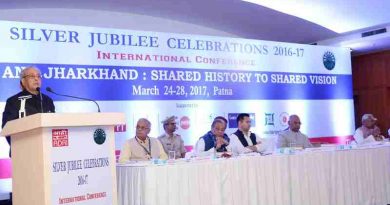How Should Judges be Appointed in India?

At a debate moderated by Times Now TV editor Arnab Goswami and shot at FICCI Auditorium in New Delhi, some of the country’s top legal professionals came face to face to argue their case in the light of the decision of the Supreme Court, on October 16, 2015, to strike down the National Judicial Appointments Commission Act.
These were Union Minister for Finance, Corporate Affairs, Information & Broadcasting Arun Jaitley, former Attorney General of India Soli Sorabjee, Former Chief Justice of India R. M. Lodha and senior advocate Supreme Court Rajeev Dhawan, who argued their case.
Should the Government have a say in the selection of judges in the higher courts? Does this violate one of the fundamental tenets of our Constitution, the independence of the Judiciary? Or is the current system of judges selecting judges too flawed and too opaque, one that has had its time?
[ Online Poll: Do You Accept Narendra Modi as Prime Minister of India? ]
One of the most vocal proponents of the National Judicial Appointments Commission, and a strong critic of the Supreme Court judgment, Union Minister Arun Jaitley presented the government’s view on this debate.
Joining him was Soli Sorabjee, former Attorney General, who has witnessed, from close quarters, the evolution of India’s judicial system through the years, and is in favour of there being greater diversity in the process of selecting judges.
[ BJP Afraid of Losing Elections in Bihar: Congress ]
On the other side, defending the judgment, was Justice R. M. Lodha, Former Chief Justice of India. With him on the panel was Rajeev Dhawan, senior advocate of the Supreme Court of India, and an amicus in this case, a critic of the National Judicial Appointments Commission.
The first such debate saw a fiery faceoff with both sides arguing strongly to protect each other’s turfs. Union Minister Arun Jaitley forcefully argued that the appointment of Supreme Court judges should not be done exclusively by judges themselves while defending his ‘tyranny of the unelected’ remark.
[ Educhat: Role of Newspapers in Education ]
Jaitley said that while the independence of judiciary is paramount, other democratic institutions should also discharge their duties freely.
Justice R. M. Lodha countered the argument saying the founding fathers of the Constitution never wanted any political interference. Soli Sorabjee was of the opinion that judges should have an important role, but not an exclusive role in appointments.
Rajeev Dhawan countered the government view by making out a case for trusteeships of judicial texts to remain with the Judiciary.
While consensus eluded on how Judges should be appointed, the overall consensus, however, was that there was scope for improvement and transparency in the current procedure.
The debate will be aired on Times Now at 9 pm on Saturday, October 24, 2015. The repeat airs at 12pm and 8pm on Sunday, October 25, 2015.




